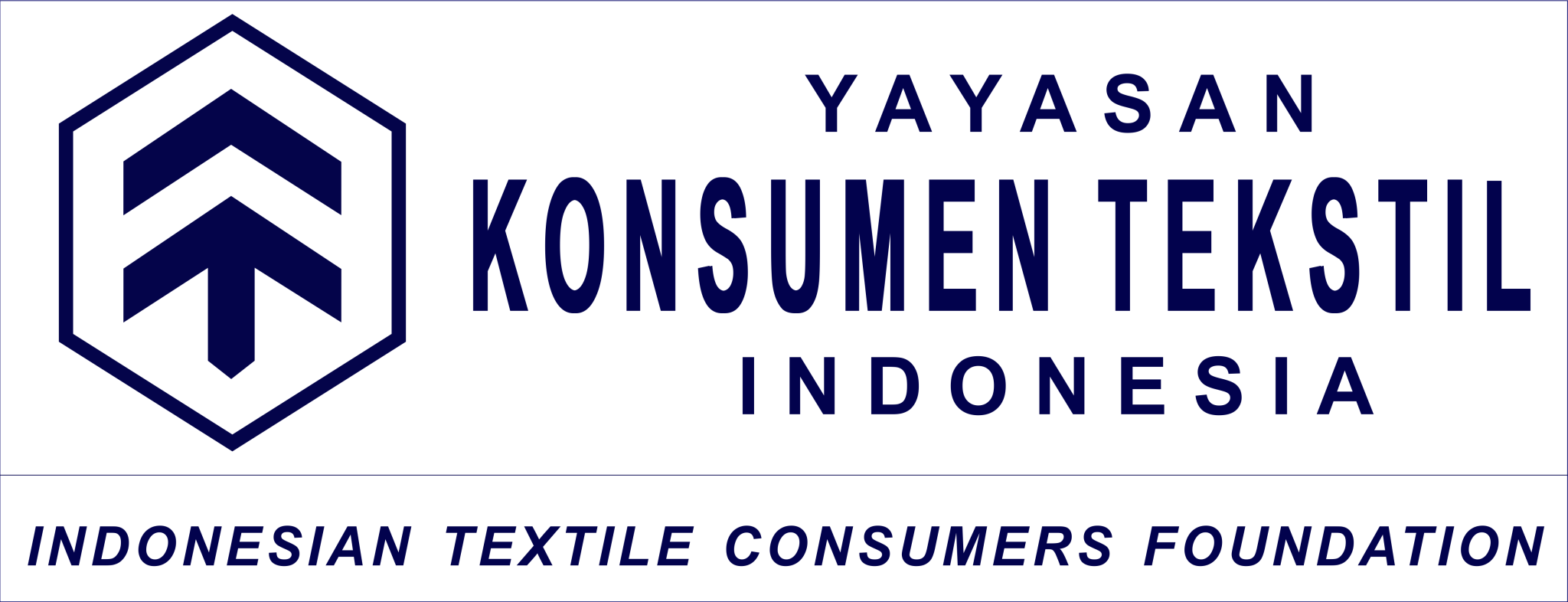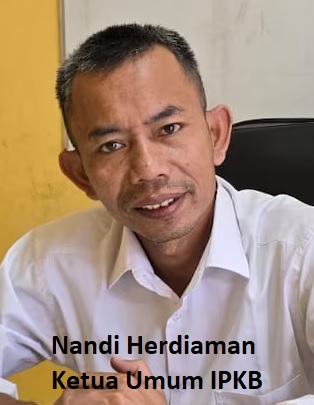Regulations related to the imposition of temporary security measures (BMTPS) on imports of textiles and textile products (TPT) are considered not to provide significant changes for the local textile industry. The government was asked to find a solution to the scarcity of textile raw materials that is currently happening.
"Such as spandex, aty way, ity crepe, cerutty babydoll, lady zara, sakila twill are currently very difficult to get, if stocks of these types of raw materials exist, the quantities cannot meet high demand and needs," said Asep Setia, small and medium industry (IKM) in the convection sector in Soreang, Bandung Regency, West Java.
According to him, this is exacerbated by the selling price of raw materials which has increased significantly. The selling price of these raw materials has increased by 20-30 percent per yard.
Asep explained, these fabrics are a type of fabric that is only carried out by the dyeing or printing process at a local dyeing factory. Meanwhile, the basic raw materials for fabrics are still imported from other countries.
In fact, if it is calculated now it has been 1.5 years since the enactment of the government regulations contained in the Minister of Finance Regulation (PMK) No. 161/PMK 010/2019, PMK No. 162/PMK. 010/2019, and PMK No. 163/ PMK.010/2019. The regulation is related to BMTPS or safeguards against TPT imports and comes into effect in November 2019.
The regulation is considered not to provide significant changes for the textile industry in the country, especially in relation to the scarcity of raw materials which were previously expected to be fulfilled by local textile industry players. In fact, the local textile industry players are still unable to accommodate the needs of textile producers, especially in the downstream sector.










